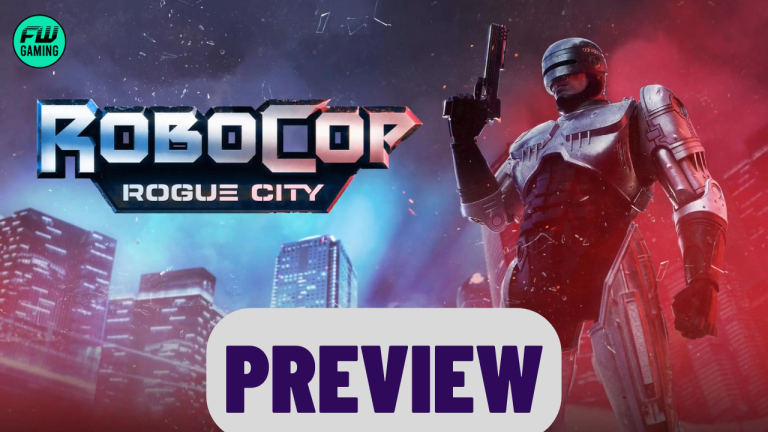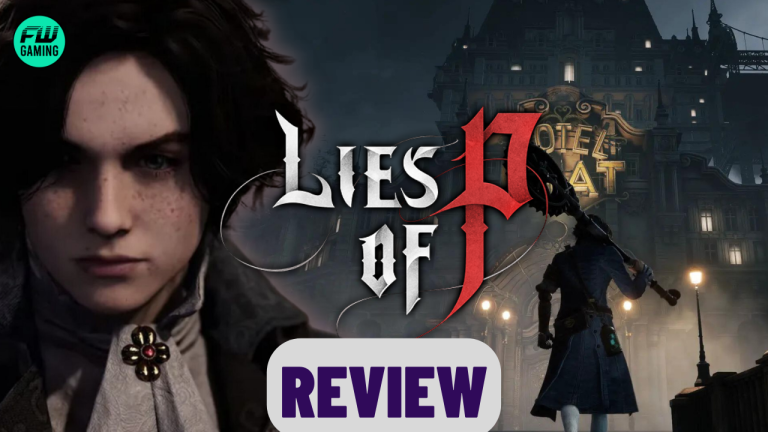Thymesia is a new entry into the Souls-like genre, where there’s an emphasis on punishing enemies, an unforgiving combat system and players knowing they’re going to die… a lot.
Related: The Chant Review: A Valiant Attempt (PS5)
It can’t be ignored, but Thymesia is clearly inspired by FromSoft’s Bloodborne, and that certainly isn’t a bad thing. Everything from the crazed villagers, environments, to the fast-paced combat seem like a love letter to FromSoft’s game. It’s hard not to look at Thymesia and think of Bloodborne in one way or the other, and Thymesia takes a lot from it to varying degrees of success.
During Thymesia you’ll take the reigns of Corvus, a quiet protagonist who has forgotten why he is where he is, and what has happened in the run up to waking up in Philosopher’s Hill, a safe space used to collect your thoughts (quite literally) and to recall a memory in one of the game’s three main levels.
Whilst three levels doesn’t sound like a lot, they’re sprawling levels filled with numerous enemies and collectibles, which act as a way of telling the game’s very minimal story and expanding on the lore of the universe. Once you’ve completed each level, you’ll then have the option of returning to each with ‘Sub-Quests’, which are shorter, optional areas filled with bosses and more of the story. However, to complete each level, you’ll first have to best a major boss, which is no mean feat.
To do this you’ll spend your time levelling up the character through three main stats, Vitality, Strength and Plague. The first two are self explanatory, but plague is where the game differentiates itself from other Souls-like games. The Kingdom of Hermes has fallen into calamity, with a plague sweeping across it, transforming its previously calm and normal villagers into crazed, mutated enemies intent on killing you. You use the plague in your own way, by being able to use it to damage your enemies by wielding plague weapons, ranging from axes, knives, bows and more, to using your plague claws, which will quickly become your best friend. As well as the plague weapons, you’ll also have a set of sabers which act as your fast attack weapons, and feathers, which are essentially your ranged weapon.
Thymesia – Dodge, Attack, Dodge Again
The game puts a heavy emphasis on deflecting attacks during the tutorial, but honestly, just dodging works just as well, if not better when fighting some of the stronger enemies, and it’ll keep you on the front foot. Choosing your moments to attack is vital, but waiting too long will end in your death as well.
Related: Call of Duty: Modern Warfare 2 (2022) Multiplayer Review: Even Moderner Warfare
You’re also tasked with choosing Corvus’ skills, as any good RPG would have you do, but they’re not particularly well balanced in either their benefits or usability. I found myself upgrading the saber attacks and claws, then looking blankly at the other groups thinking I was wasting points.
One of the main things people play Souls-like games for that I haven’t touched upon is the bosses of the game. Whereas Elden Ring, Bloodborne etc have a wide variety of different bosses, Thymesia has considerably less to test your skills with. The most frustrating boss is the first, Odur, a circus ringmaster with a flair for the dramatic and an irritating, infuriating and taunting laugh. Once you’ve beaten him at your lower level and inexperienced skill set, the rest of the game is a breeze.
The game isn’t huge, with it taking anywhere from six to eight hours to complete and is far less demanding and difficult than others in the genre, but it is good fun, if extremely light in some areas. For anyone who hasn’t played a Souls game, I’d suggest starting with this Souls-like game, as it’ll give you an idea of what you’d be in for if you tried one of its ‘big brothers’ like Elden Ring, Bloodborne etc, but it won’t prove much of a challenge to those that have mastered FromSoft’s older titles.
Thymesia was played and reviewed in a code supplied by OverBorder Studio.
Follow us for more entertainment coverage on Facebook, Twitter, Instagram, and YouTube.

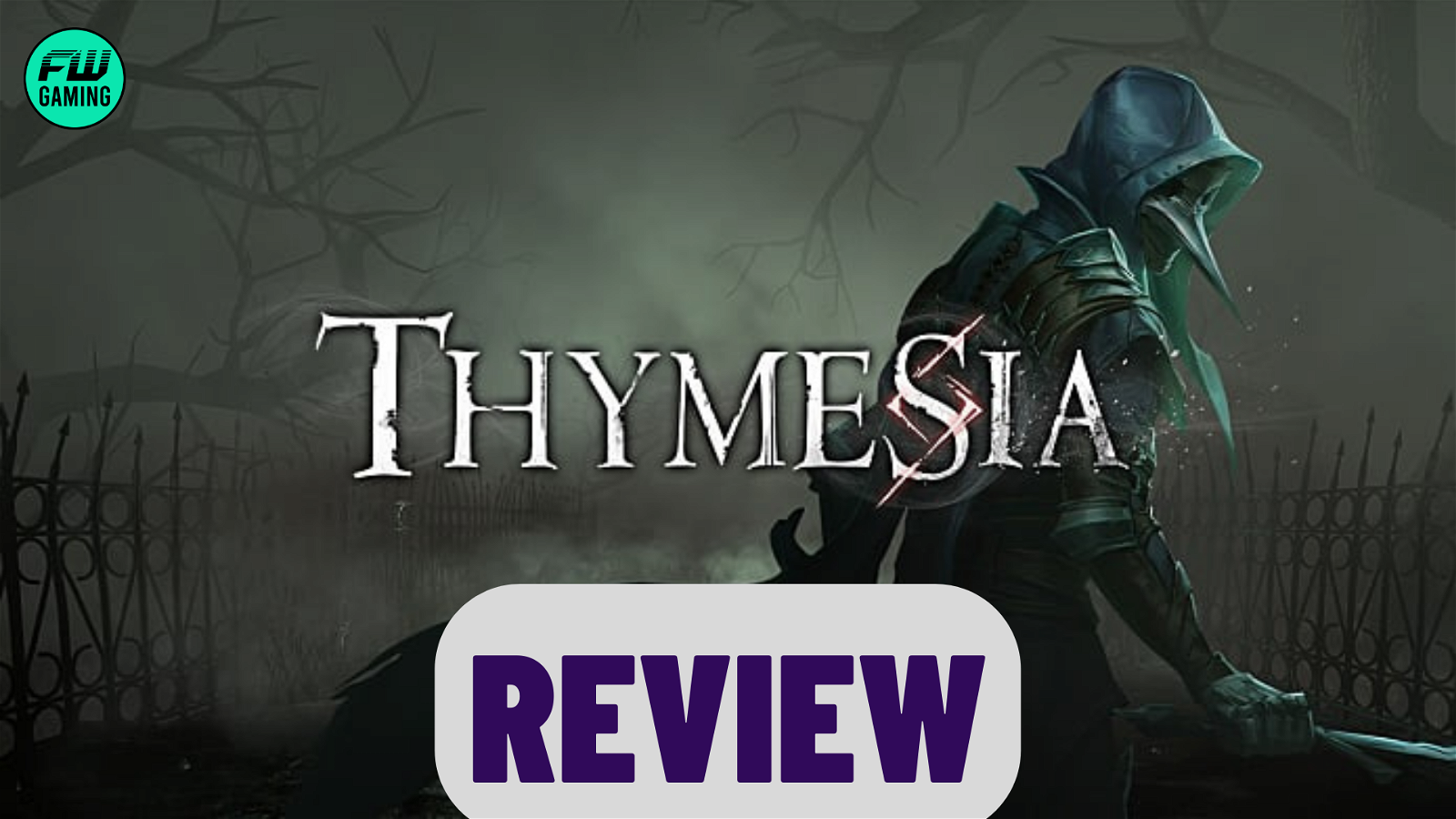
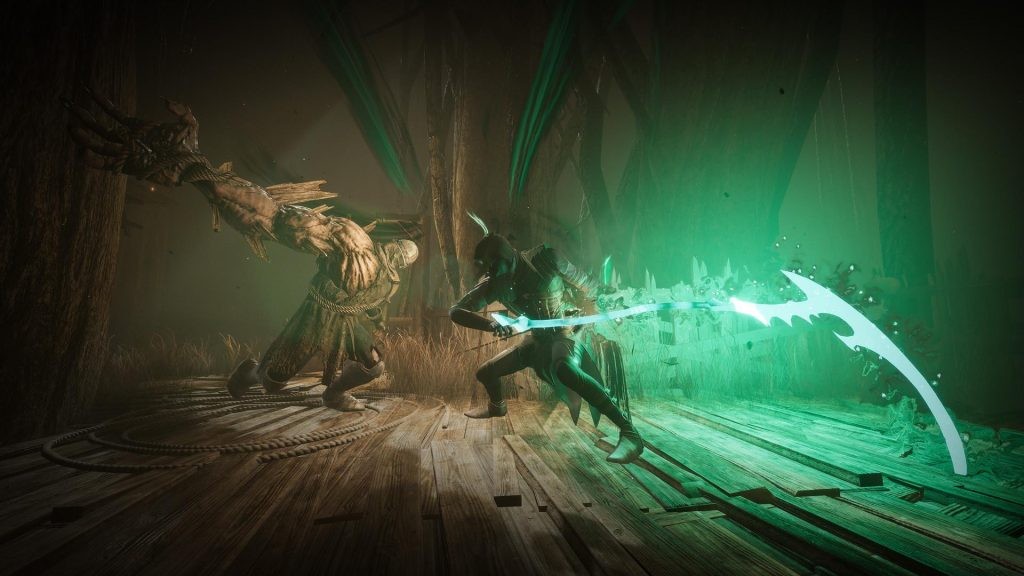
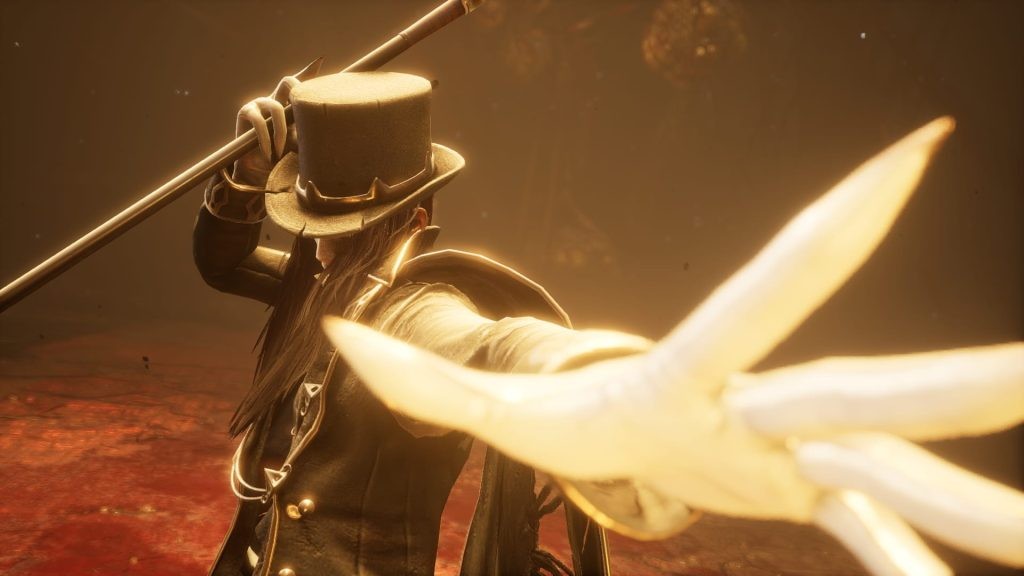
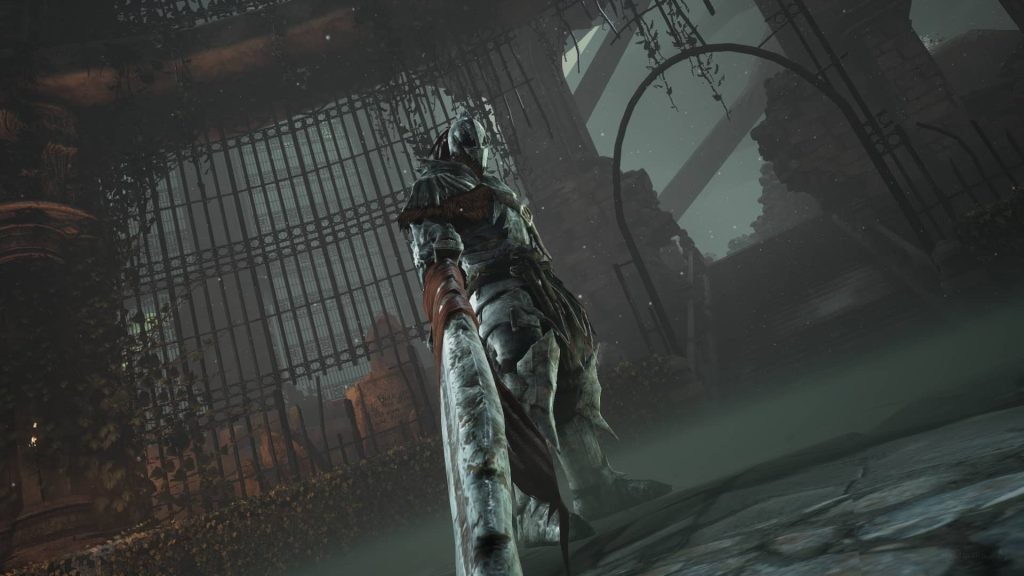

![Lies of P's Game Director Jiwon Choi Discusses the Game, Disney and the Darker Sides of Pinocchio [EXCLUSIVE]](https://fwmedia.fandomwire.com/wp-content/uploads/2023/09/16134750/lies-1-768x432.png)
